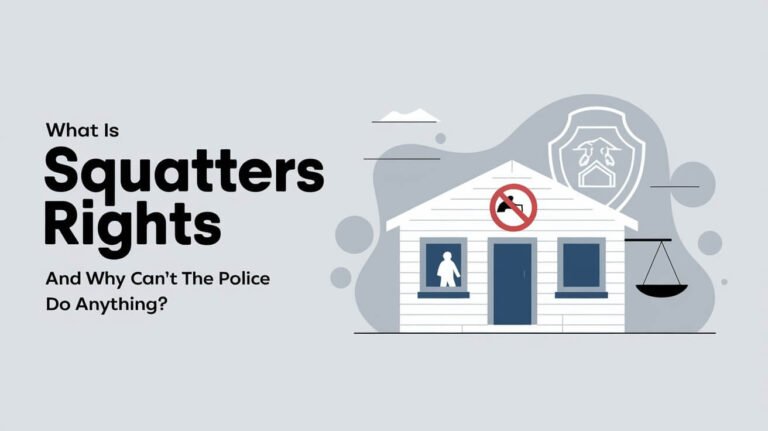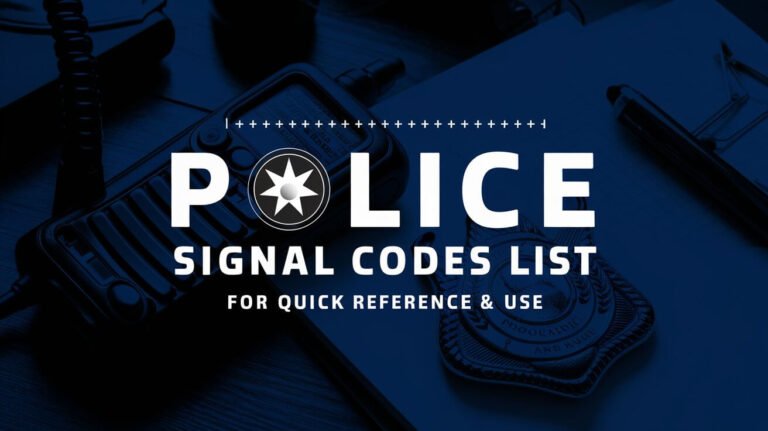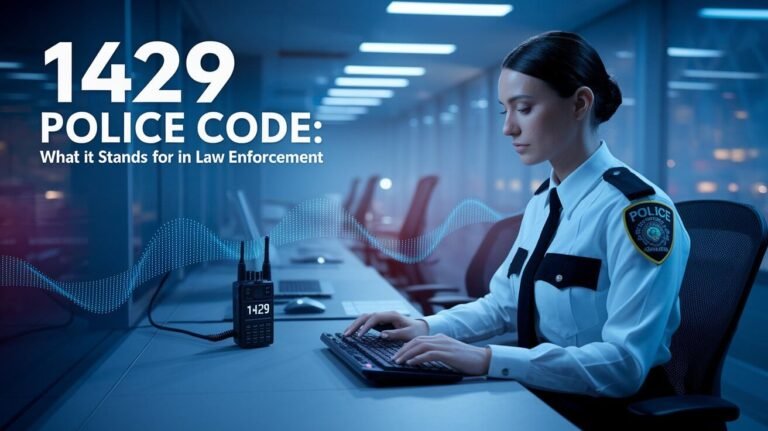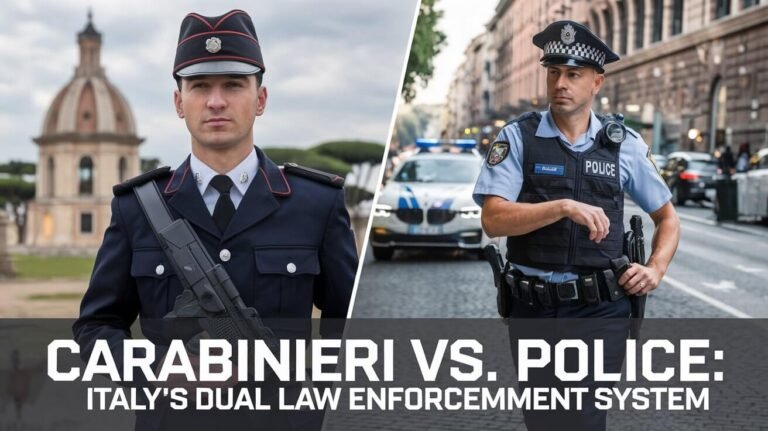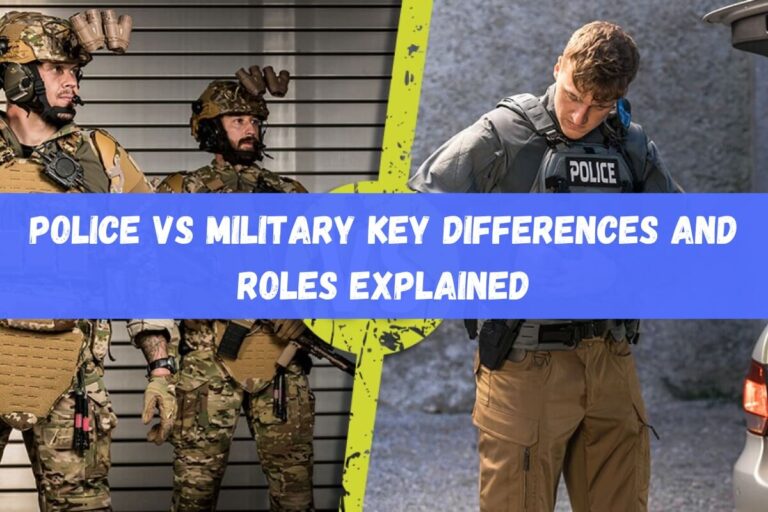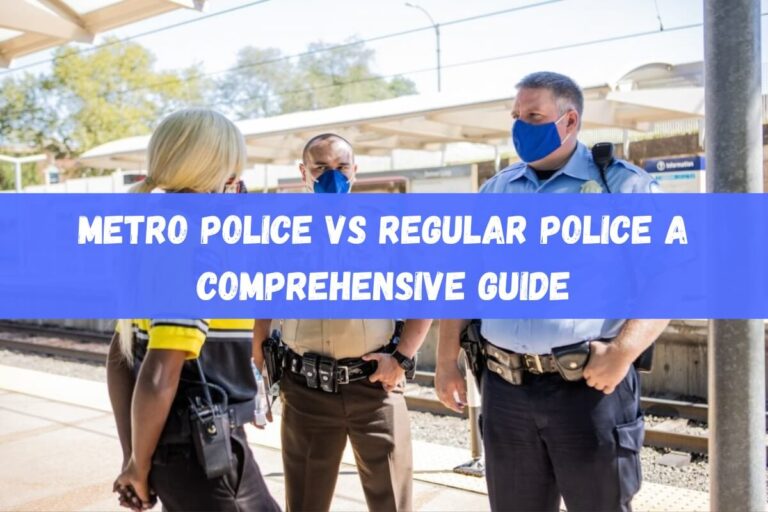Can Police Bring You in for Questioning Without a Warrant?
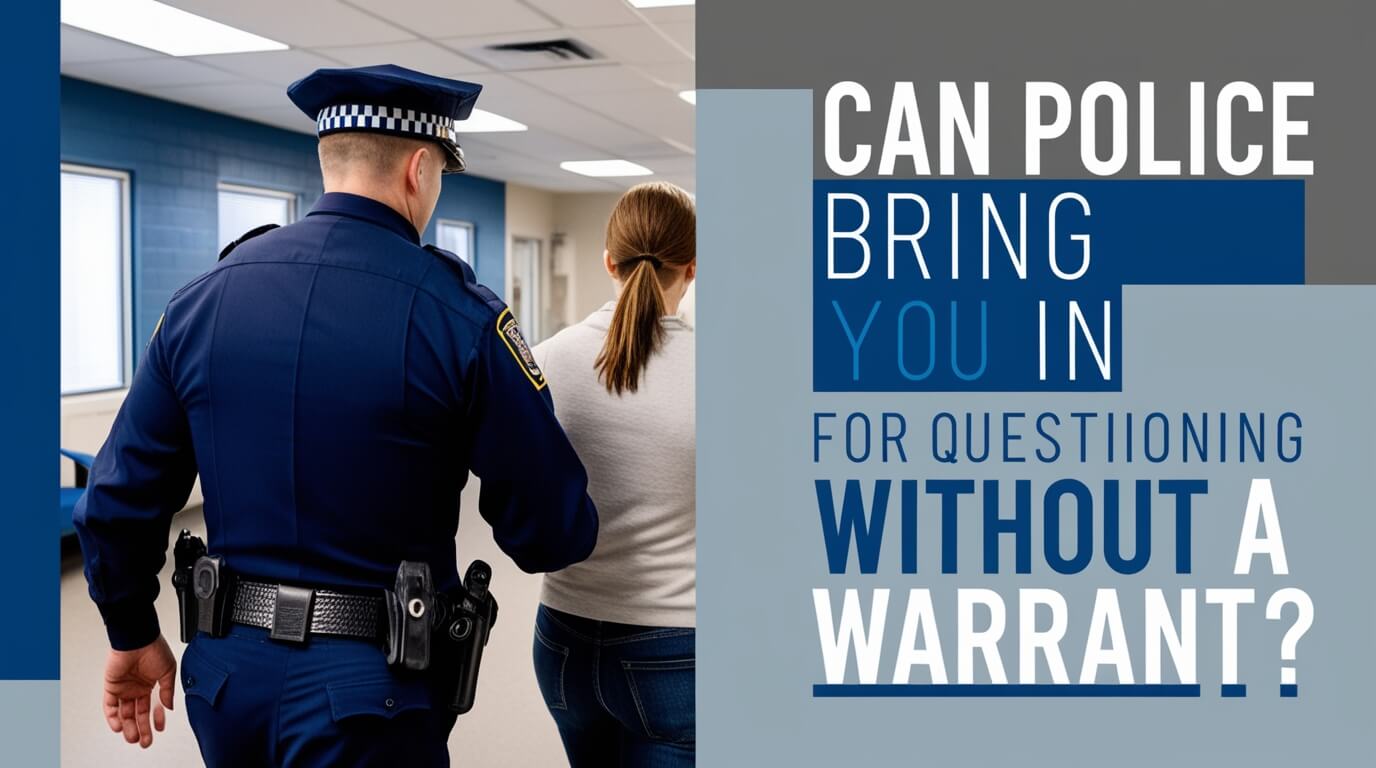
Police can ask you to come in for questioning without a warrant, but you’re not legally obligated to go with them unless you’re under arrest. This article explores your rights during police encounters, the types of questioning you might face, and how to protect yourself in these situations.
Law enforcement plays a crucial role in maintaining public safety, but it’s equally important for citizens to understand their rights when interacting with the police. Whether you’re approached on the street, at home, or asked to visit the station, knowing what police can and can’t do is key to protecting yourself.
Let’s dive into the world of police questioning and uncover the facts about warrants, your rights, and how to handle these potentially stressful situations.
What is Police Questioning?
Police questioning is when law enforcement officers ask you questions about a crime or incident. It’s a tool they use to gather information and solve cases. But not all questioning is the same.
Types of Police Questioning
Voluntary Questioning
This is when police ask you questions, and you’re free to leave at any time. You might chat with an officer on the street or agree to talk at the station. Remember, you can stop the conversation whenever you want.
Investigative Questioning
This type of questioning is more serious. Police have reason to believe you’re involved in a crime. You’re not free to leave, and the questions are more pointed. This often happens after an arrest or during a traffic stop.
Legal Framework
Before we go further, let’s look at the laws that protect you during police encounters.
Fourth Amendment Protections
The Fourth Amendment shields you from unreasonable searches and seizures. This means police need a good reason to detain you or search your property.
Miranda Rights and Their Importance
You’ve probably heard these in movies: “You have the right to remain silent…” These rights protect you from self-incrimination. Police must read them to you if you’re in custody and they want to question you.
Probable Cause vs. Reasonable Suspicion
These are two levels of evidence police need:
- Probable cause: Strong evidence that you committed a crime. Needed for arrests and warrants.
- Reasonable suspicion: A hunch based on facts. Allows brief stops and limited questioning.
When Can Police Question You Without a Warrant?
Police don’t always need a warrant to ask you questions. Let’s look at some common scenarios.
Street Encounters and Terry Stops
Police can stop you on the street if they have reasonable suspicion you’re involved in a crime. They might ask for ID and ask what you’re doing. These brief stops don’t require a warrant.
Questioning at Your Home or Workplace
Officers can knock on your door and ask to talk. But without a warrant or your permission, they can’t come inside. You’re free to say no to questions.
Roadside Stops and DUI Checkpoints
During traffic stops, police can ask questions related to the reason they pulled you over. At DUI checkpoints, they can ask brief questions to check for impairment.
Your Rights During Police Questioning
Knowing your rights is your best defense. Here are the big ones:
The Right to Remain Silent
You don’t have to answer questions. Politely say, “I’m choosing to remain silent.” This right protects you from saying something that might be used against you later.
The Right to an Attorney
You can ask for a lawyer at any time. Once you do, police should stop questioning you until your lawyer is present.
When Miranda Warnings Are Required
Police must read you your Miranda rights if:
- You’re in custody (not free to leave)
- They plan to question you
If they don’t, anything you say might not be used in court.
Responding to Police Requests for Questioning
What should you do if police want to question you? Let’s break it down.
Should You Agree to Questioning?
It depends. If you’re not suspected of a crime and feel comfortable, you might choose to help. But if you’re a suspect or unsure, it’s often best to politely decline until you’ve spoken with a lawyer.
How to Decline Questioning Politely
Try saying: “I respect your job, officer, but I don’t want to answer questions right now. Am I free to go?” Being polite but firm is key.
What to Do if Pressured by Police
Stay calm. Repeat that you’re exercising your right to remain silent and want a lawyer. Don’t let them trick you into talking.
Consequences of Refusing to Answer Questions
Staying silent is your right, but it’s good to know what might happen.
Legal Implications
Refusing to answer questions can’t be used against you in court. It’s not proof of guilt.
Practical Consequences
Police might become suspicious if you don’t talk. They might investigate you more closely. But this is usually better than saying something incriminating.
Special Circumstances
Some situations have unique rules. Let’s look at a few.
Questioning of Minors
Juveniles have the same rights as adults, but police might need to contact parents or guardians.
Non-Citizens and Immigration Enforcement
Non-citizens have the same basic rights during questioning. But immigration status can complicate things. It’s crucial to know your rights and consider legal help.
Questioning in Public vs. Private Spaces
You have more privacy protections at home than in public. Police need stronger reasons to question you in private spaces.
What Happens After Questioning?
The outcome of police questioning can vary. Here’s what you might expect:
Potential Outcomes
- You’re free to go
- Further investigation
- Arrest
When Arrests Can Occur
Police need probable cause to arrest you. This means strong evidence that you committed a crime.
Your Rights if Arrested
If arrested, you have the right to:
- Remain silent
- Contact a lawyer
- Make a phone call
- A fair and speedy trial
Protecting Yourself During Police Encounters
Being prepared can make a big difference. Here are some tips:
Know Your Rights
Study up on your rights before you need them. It’s harder to think clearly when you’re stressed.
Document the Interaction
If possible, record the encounter or write down what happened right after. This can be useful if there’s a dispute later.
When to Seek Legal Counsel
If you’re a suspect or charged with a crime, get a lawyer as soon as possible. Many offer free consultations.
Common Misconceptions About Police Questioning
Let’s clear up some myths:
“Police Must Have a Warrant to Question Me”
False. They can ask questions anytime, but you don’t have to answer.
“I Have to Answer All Police Questions”
Nope. You have the right to remain silent.
“If I’m Not Arrested, I’m Free to Go”
Not always. In some situations, like traffic stops, you have to stay briefly even if you’re not under arrest.
Real-World Examples and Case Studies
Learning from real cases can help you understand your rights better.
Notable Cases Involving Police Questioning
- Miranda v. Arizona (1966): Established the need for Miranda warnings
- Berkemer v. McCarty (1984): Clarified rights during traffic stops
Lessons Learned from These Cases
These cases show the importance of knowing your rights and asserting them calmly and clearly.
Tips for Interacting with Law Enforcement
Here are some practical tips for police encounters:
Do’s and Don’ts During Police Encounters
Do:
- Stay calm and polite
- Ask if you’re free to go
- State clearly if you want to remain silent
Don’t:
- Lie to officers
- Resist physically
- Consent to searches without a warrant
How to Assert Your Rights Effectively
Be clear and respectful. Say things like, “Officer, I don’t consent to searches” or “I’m choosing to remain silent and would like to speak with a lawyer.”
Conclusion
Understanding your rights during police questioning is crucial for protecting yourself and navigating these often stressful situations. Remember, while police can ask you to come in for questioning without a warrant, you’re not obligated to go or answer questions unless you’re under arrest.
Stay informed, know your rights, and consider seeking legal advice if you’re unsure about a situation. By being prepared and assertive, you can better protect your rights while still respecting the important role law enforcement plays in our society.

